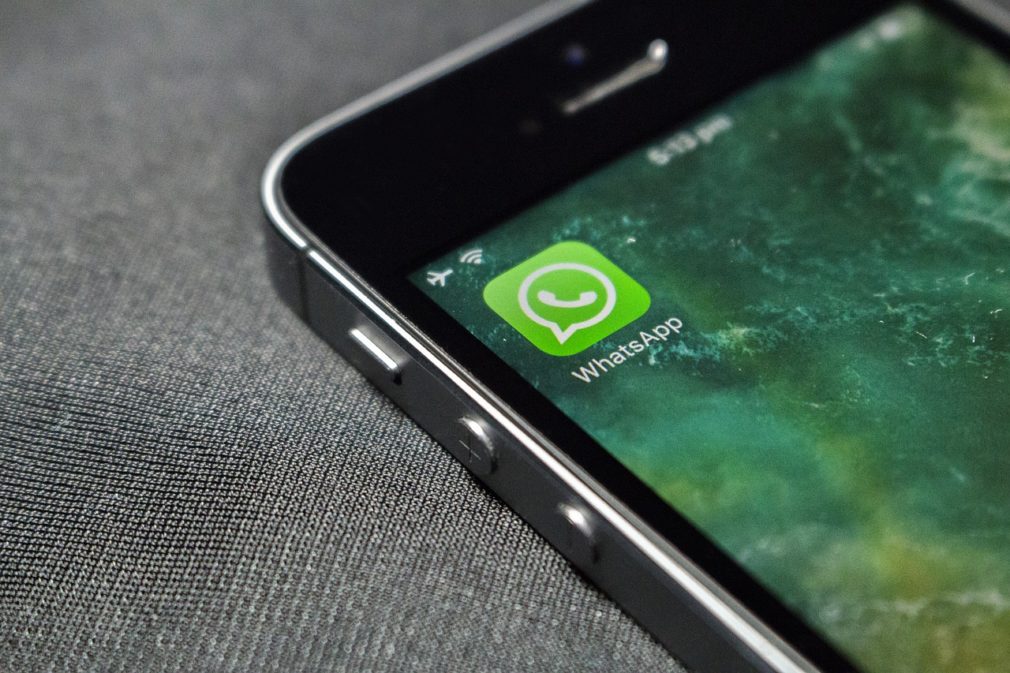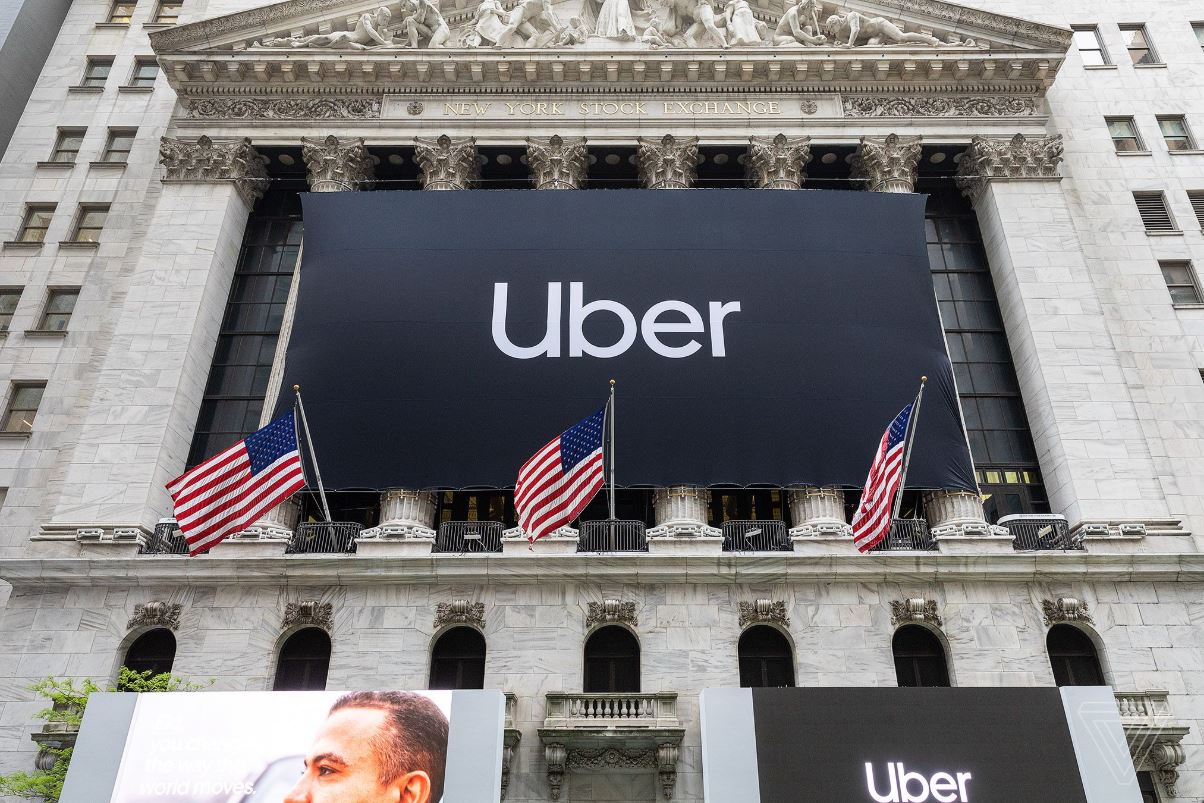There’s a phrase that has become quite common in big tech these days. It goes like this, “Every big tech is aiming to become a financial services company someday”. Well, seems like we are getting more examples to validate that phase.
After putting in place much needed pre-requisites on rolling out Whatsapp Pay across India, Whatsapp could now start offering credit/lending related services in the country. This came to light via company’s regulatory filing in the country. The Facebook-owned messaging platform’s India subsidiary has listed “credit” as one of the services under a revised MoA (Memorandum of Association) document.
To be specific, the modified document lists this as one of the company’s business objectives, “To advance money or give credit on such terms as may seem expedient, and with or without security, to customers and others”.
The rather quick change in company’s business objectives is interesting. According to internal discussions within Whatsapp, the company had recently agreed to comply with India’s strict data regulation rules, which is mandatory if the company wishes for a full-scale roll out of Whatsapp Pay in India. At the moment, the peer-to-peer payment service is still under pilot mode, with 1 million users in the country currently having access to the same. The delay for a full fledged roll out has been largely due to Whatsapp’s denial on accepting government data regulations for foreign firms.
There is still some time though, before this gets fructified into reality. According to sources who have talked to ET, regulators have not received any new communication from WhatsApp following the Reliance and Facebook deal last week. “Things should accelerate now but they (WhatsApp) are yet to achieve 100% data-localisation compliance,” a person aware of the matter said.
The company won’t offer these services directly. This would potentially be explored through partnerships with banks because it said it won’t undertake any banking business according to the law.
Lending and credit as a sector has seen increase interests from India’s digital payments companies. One of the biggest reasons for that, has been a payments business model that has been rendered nonviable now. Payments services running on Government’s UPI infrastructure, can not charge users for transactions that are peer-to-peer in nature. Charges can only be applied on merchant level transactions. Companies have argued, that such transactions only form a small chunk of the over all billion plus monthly transactions, thus removing any scope for possible revenues.
The likes of Paytm and others have quickly moved towards allied financial services, such as lending, among others. Paytm recently started offering merchant services, with its ‘All in one’ QR codes. Users with any of the plethora of Rupay enabled or UPI enabled apps can now scan Paytm codes at merchants to pay. Interestingly, all these transactions will carry 0% processing fee from Paytm.
Additionally, Paytm launched these All-in-One Paytm QR codes into various utility items such as calculator, power bank, clock, pen stands and radio which merchants can use in their shop for daily requirements.
Whatsapp Pay’s existing competitors, Flipkart-backed PhonePe and Google’s Google Pay, have also looked to diversify. PhonePe for example, has enabled multiple on-point physical banking points for users to get cash in return for paying via UPI. The platform is currently not charging anything for these transactions.
India’s digital payment space, the fastest growing globally and the largest by transaction volume, is expected to reach to $1 Trillion, according to a Credit Suisse estimate.





